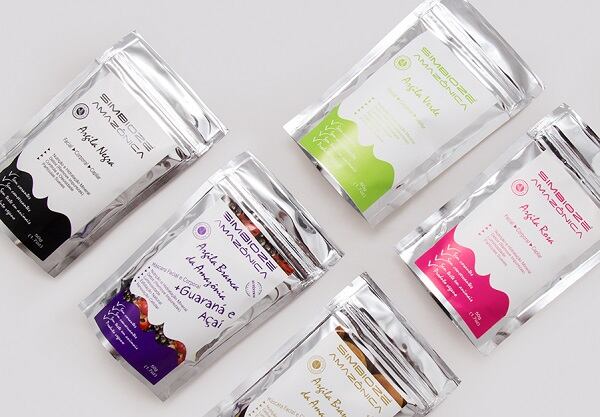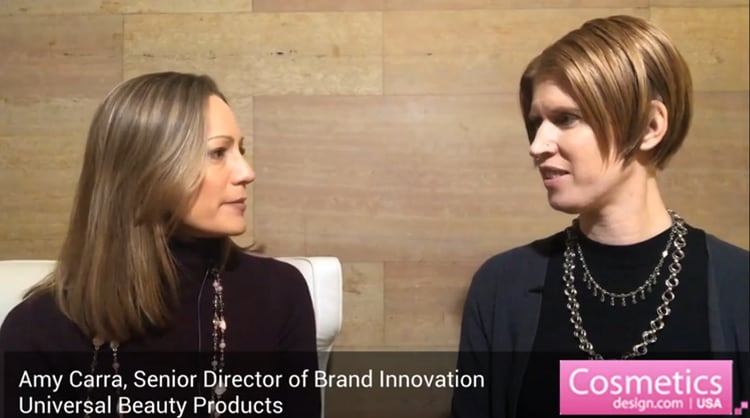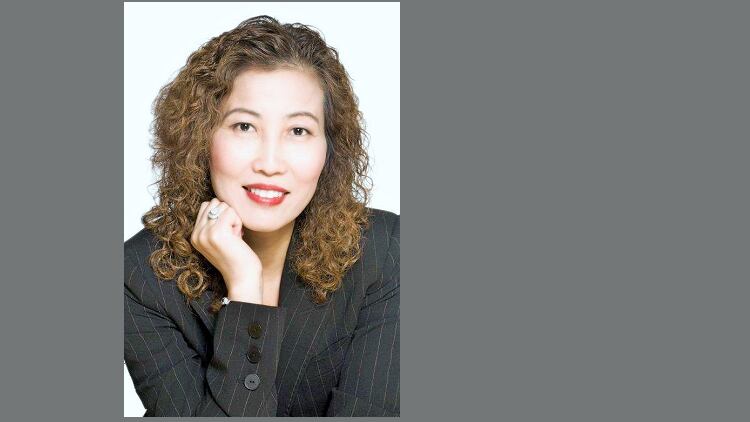Biozer was established 13 years ago by Carlos Cleomire de Souze Pinheiro as a cosmetics, phytomedicine and functional foods business, using bioactive compounds sourced in the Amazon to produce its extensive range.
Three years ago, the company’s involvement in a startup incubator led it to embrace the natural and vegan trend, resulting the Simbioze Amazonica range, according to the Arab-Brazilian Chamber of Commerce.
Simbioze Amazonica
The brand currently includes 14 skus, which have all achieved Halal certification and include a line up of five clay-based masks, as well as nine essential oils and oils – all sourced from plants and bio materials from the Amazon region.
The product range includes oils from copaiba, brazil nuts and andiroba, oils Brazil nuts, patauá and pracaxi, together with essential oils from breu branco, copaiba, and priprioca, and facial and body clay masks from cupuaçu and açaí with guaraná.
The company states that all of the ingredients are sourced with total transparency and using farming methods that ensure the sustainability of plant life and future crops.
Ready for export
The company has held an export license for its products line since 2017, but since then it has been focused on growing its presence in the domestic Brazil market, choosing to now expand its international presence by targeting Arab markets.
The company believes that markets such as Dubai, which has a huge domestic cosmetics and personal care market as well as one of the world’s largest duty free markets, should prove to be an ideal target in the Middle East.
“We’re aware that you need a great product to get into Dubai. That’s why we got our halal certificate,” said the brand’s operations director, Domingos Amaral Neto.
Eyeing the U.S. and Europe
In Brazil the company has targeted beauticians, pharmacies and spas to increase its presence, a strategy it is likely to replicate in the Middle East, particularly for the pharmacy category in Dubai.
The company says it is already in the process of licensing the brand for export to Europe, while the process is in the latter stages for the U.S. market, where exports are expected to start in the next couple of months.
The company currently works with two pilot plants in the Amazon, where it has now reached full capacity of 88,000 items per month, but says that should international demand require it, there are plans to increase the production.




